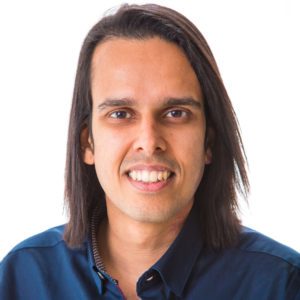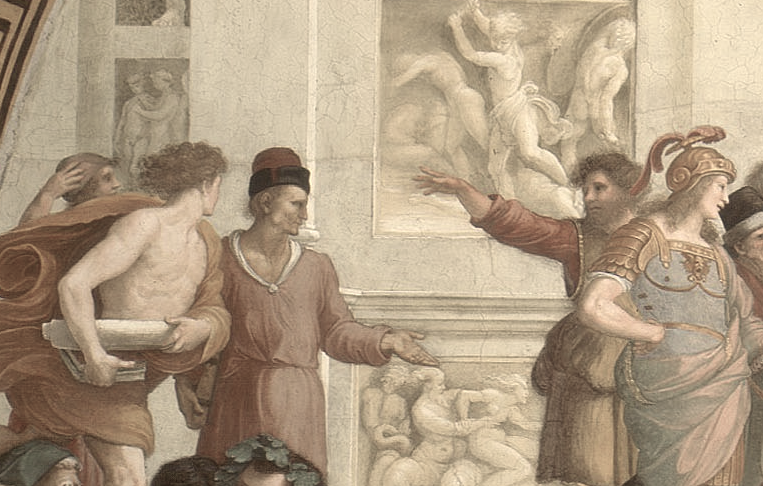Risk sharing is something we all do. Whether explicitly through contractual arrangements or implicitly through casual, unspoken agreement. And, risk sharing is easiest when trust is high. When parties know each other’s circumstances intimately and when each has the other person’s interests at heart.
Information asymmetry in risk sharing
Trust can emerge in different ways, and generally happens when people know each other well. One dimension to this is care for the other, and we will come on to this later. But, inside of knowing each other well is also a solution to the problem of information asymmetry. Here, an intimate knowledge of the other party’s circumstances makes it easier to trust. Why? Because you know that whatever risks they are taking are what they are capable of bearing!
There is little or no hidden information about the actual state of things. You know that there is no cheating going on because it is difficult to cheat someone who has the inside scoop! And, the longer that you interact and work with someone, the easier it becomes to trust them and share risk.
Caring for the other
Risk sharing also becomes easy when parties have each other’s interests at heart. And, this can happen through:
i) Interdependence (self-interest); and/or
ii) Fairness (altruism)
Interdependence arises when the success of each party is essential to the other, such that each party will take great care to ensure fairness in risk sharing. For example, you wouldn’t want your biggest customer to go bust because you greedily overcharged them when you really didn’t have to! Or, you wouldn’t want to underpay an employee if they are difficult to replace.
Altruistic fairness, on the other hand, is about striving to be fair and take care of the other, because it is something worthy of doing for its own sake. Not because it somehow serves you. And, these are the people that you really want to be dealing with! Those who go out of their way to build-up the other and to care for the other.
We can all look for it
Of course, altruistic fairness may be harder to find in a dog-eat-dog world, but at least we can try and seek it out in areas where we have more choice. For example, I may not be able to expect altruistic fairness from my mobile service provider, but I can certainly seek it from those I collaborate with personally and professionally.
And, it all starts with embodying this quality ourselves.
_____________________________________________________________________________________________



Recent Comments